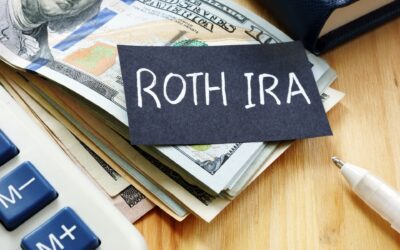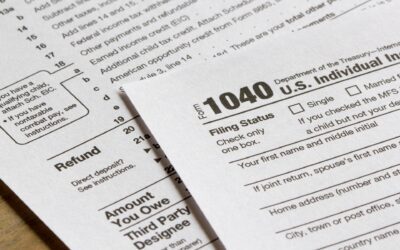A non-corporate taxpayer generally can exclude up to 100% of gain realized from the sale or exchange of qualified small business stock held more than five years. Sounds interesting, but how do you determine if you are able to take the Qualified Small Business Stock (QSBS) exemption (also referred to as Section 1202 of the IRC)? In order to see if the QSBS is exempt from capital gains, we will first need to know what a Qualified Small Business (QSB) is.
Qualified Small Business (QSB)
A QSB is defined as follows:
- A domestic C Corporation
- The aggregate gross assets of the Corporation at all times on or after August 1993 and before the issuance of the stock did not exceed $50M
- The aggregate gross assets of the Corporation immediately after the issuance of the stock do not exceed $50M
- The Corporation submits reports to the IRS and to the shareholders, as required
Keep in mind that subsequently exceeding the $50M limit doesn’t disqualify the qualifying stock; however, the Corporation can never issue qualified stock in the future.
There are also some active business requirements that the Corporation must adhere to in order for the stock to be considered QSBS during the taxpayer’s holding period. The “active business test” requires that the Corporation use at least 80% of the assets of the company to run the business.
For purposes of identifying a qualified trade or business, the following businesses are considered “other than”: (1) service firms in the field of health, law, engineering, architecture, accounting, actuarial science, performing arts, consulting, athletics, financial, or brokerage services; (2) banking, insurance, leasing, financing, investing, and similar businesses; (3) farming; (4) natural resources businesses; and (5) operations of hotel, motel, restaurant, or similar business.
Once you’ve established that the Corporation qualifies as a QSB, you can move forward and see if the QSBS would be exempt.
Qualified Small Business Stock (QSBS)
QSBS is defined as follows:
- Stock acquired by the taxpayer at its original issue in exchange for money or other property, or as compensation for services provided to the issuing Corporation
- As of the date of issuance, the Corporation is a QSB
- The Corporation meets an active business requirement during substantially all of the taxpayer’s holding period (Corporation to use at least 80% of the assets of the company)
Once you’ve established you have QSBS, you (shareholder) will need to have held the stock more than five years to qualify for the full exclusion of gain from the sale or exchange, if you acquired the stock after September 27, 2010. Holding periods for others who acquired the stock through other means, i.e. gift, inheritance, or a partner through a partnership, will add the transferor’s holding period to their own.
There is a cumulative limit on the excluded gain from a single issuer of stock. The eligible gain from a single issuer in any given year is taken into account only to the extent of the following: (1) limited to $10M or (2) 10x’s the taxpayer’s basis in the stock, whichever is greater.
If you acquired the stock before September 28, 2010, you are still eligible for a partial exclusion. If you acquired it on or before February 17, 2009, you are able to exclude 50% of the gain and if you acquired it after February 17, 2009 to September 27, 2010, you are able to exclude 75% of the gain.
Finally, there is an option to rollover the gain. IRC section 1045 allows for a taxpayer to defer and roll over the gain of QSBS if the stock has been held for a minimum of six months. The rollover must be to another QSBS and purchased within 60 days of the date of sale. Gain would only be recognized to the extent that the amount realized on the sale exceeds the cost of the replacement QSBS.
The QSBS exemption relates to the federal exemption, not state. As of the date of this article, for the state of New Jersey, QSBS was a taxable event. For all other states, please reach out to the governing agency as each state has different rules and regulations.
What has been discussed in this article only scratches the surface of Qualified Small Business Stock and related capital gains exemption. If you would like to discuss this in further detail, please reach out to us.
This article contributed by Béatrice R. Calen, EA.







